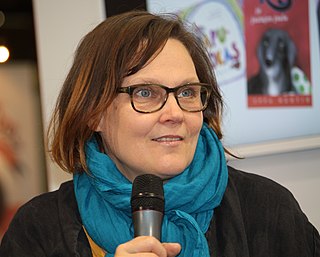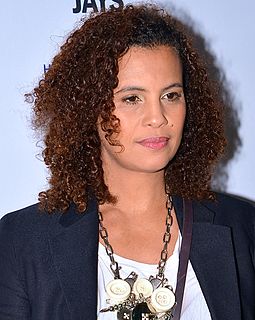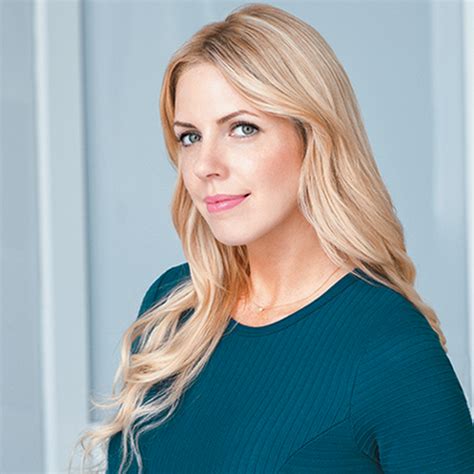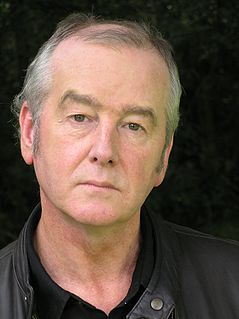A Quote by Kristin Gore
Any writing teacher tells you to write what you know, and for better or for worse, Washington is a world I know well.
Related Quotes
Writing sustains me. But wouldn’t it be better to say it sustains this kind of life? Which doesn't mean life is any better when I don’t write. On the contrary, it is far worse, wholly unbearable, and inevitably ends in madness. This is, of course, only on the assumption that I am a writer even when I don’t write - which is indeed the case; and a non-writing writer is, in fact, a monster courting insanity.
I myself, as I'm writing, don't know who did it. The readers and I are on the same ground. When I start to write a story, I don't know the conclusion at all and I don't know what's going to happen next. If there is a murder case as the first thing, I don't know who the killer is. I write the book because I would like to find out. If I know who the killer is, there's no purpose to writing the story.
To know that one does not write for the other, to know that these things I am going to write will never cause me to be loved by the one I love (the other), to know that writing compensates for nothing, sublimates nothing, that it is precisely there where you are not--this is the beginning of writing.
Writing is something that you don't know how to do. You sit down and it's something that happens, or it may not happen. So, how can you teach anybody how to write? It's beyond me, because you yourself don't even know if you're going to be able to. I'm always worried, well, you know, every time I go upstairs with my wine bottle. Sometimes I'll sit at that typewriter for fifteen minutes, you know. I don't go up there to write. The typewriter's up there. If it doesn't start moving, I say, well this could be the night that I hit the dust.
I've always had mixed feelings. I don't know if it's any better or worse. I do think there's a really boring side of what's going on now - the over-repetitive, oversexualized thing. There's a lot of women that know better, that are really beautiful and sexy, but it's like: We know you can shake your ass in a G-string and wave it around, it's not that risque. It's not dangerous. It's very obvious and boring.
There is nothing you can do except try to write it the way that it was. So you must write each day better than you possibly can and use the sorrow that you have now to make you know how the early sorrow came. And you must always remember the things you believed because if you know them they will be there in the writing and you won’t betray them. The writing is the only progress you make.
Everyone tells you to write what you know. It’s the tried-and-true advice every writer hears at some point in her career. But to take my writing to a deeper level, I’ve found that a better practice is to simply write what frightens you, haunts you, even. I now keep a sign on the bulletin board in my office that reads: 'Write What Scares You.' I’ve learned that tapping into the hard stuff — whether it’s the fear of loss or a boogeyman lurking in childhood memories — is what ultimately gives a story the power to leap off the page and grab you by the collar.
The most common thing I find is very brilliant, acute, young people who want to become writers but they are not writing. You know, they really badly want to write a book but they are not writing it. The only advice I can give them is to just write it, get to the end of it. And, you know, if it's not good enough, write another one.


































